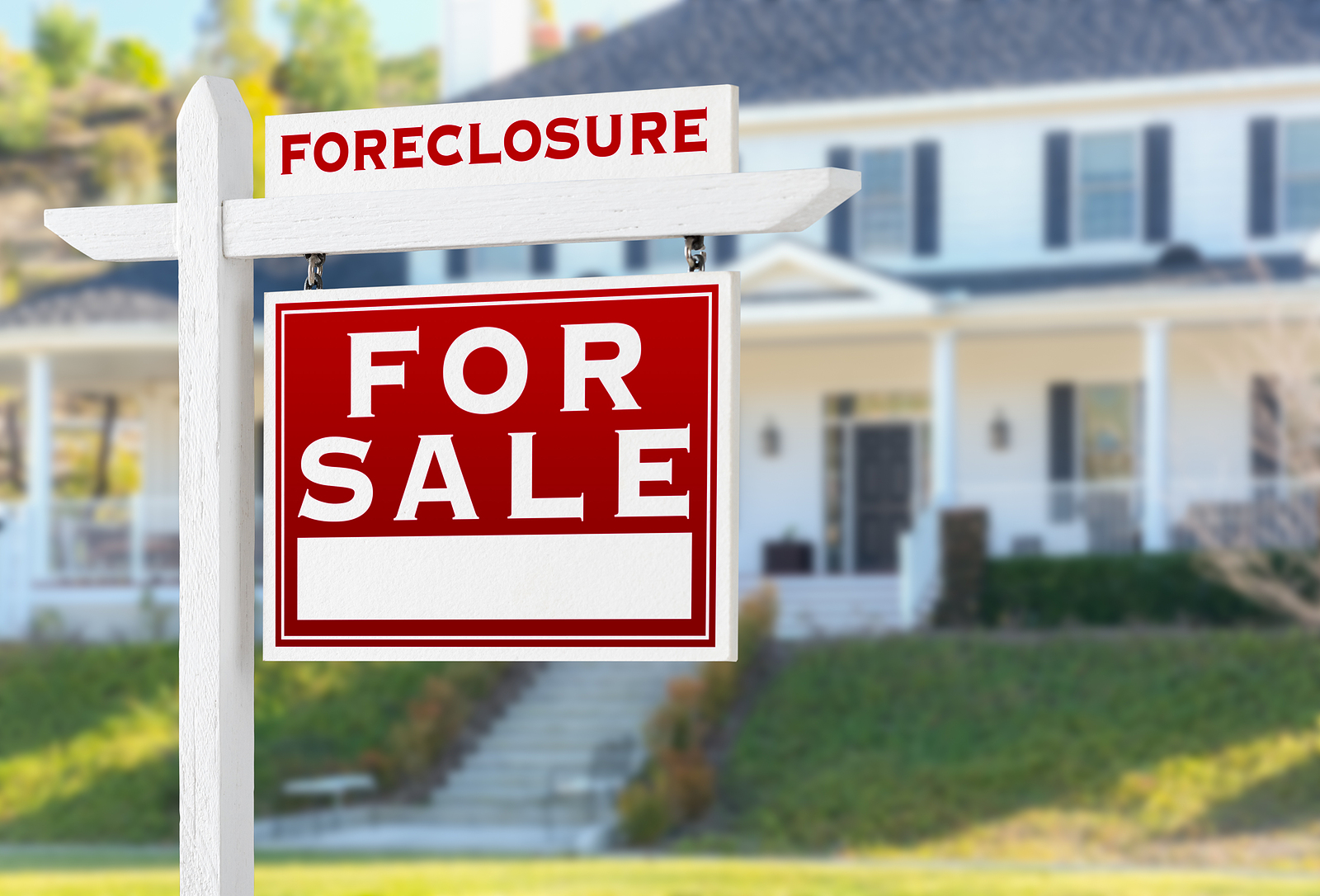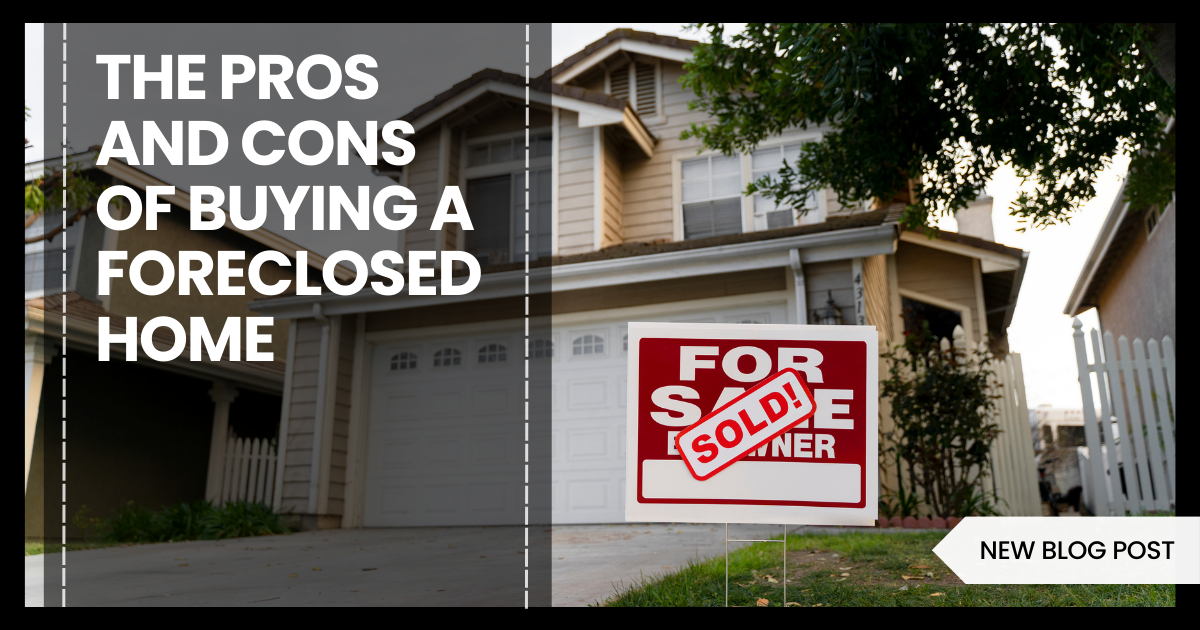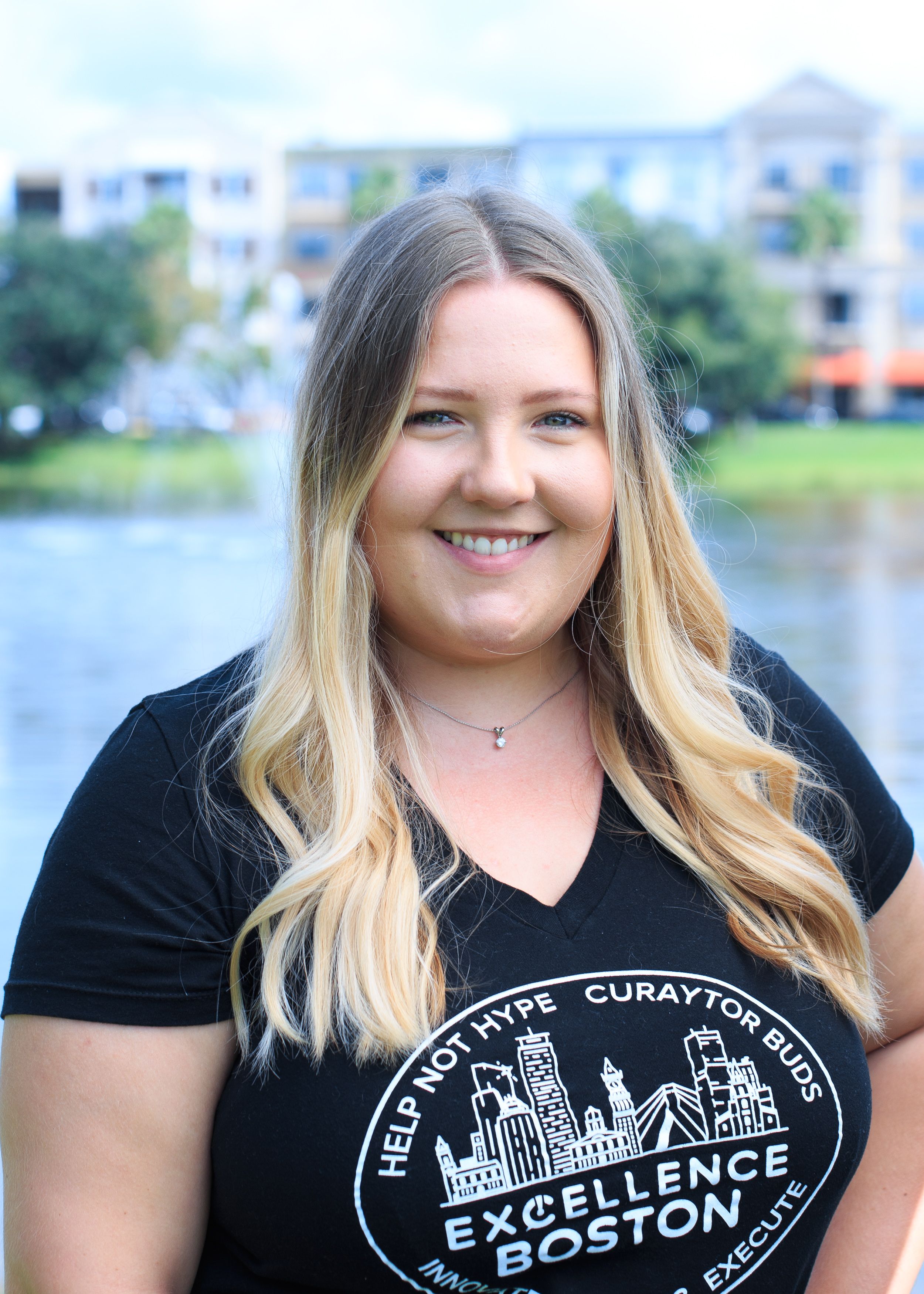
A foreclosed home is a home that has gone through foreclosure. Foreclosure is the legal process in which a lender repossesses a property from someone who has defaulted on their loan, usually by failing to make their mortgage payments. You can then buy the foreclosed property from the lender — sometimes at a better price. There is some risk in purchasing a foreclosed property, however; check out the following pros and cons to decide if it’s worth the potential reward for you here in The Bahamas.
Pro: possible lower price
The intent when a bank actually forecloses on a property is to be able to sell it again quickly to recoup their "costs". These "costs" can include the unpaid balance of the loan, outstanding property taxes, the costs of the real estate transaction, and any remaining liens they had to pay off. Since they want to do this as rapidly as possible, you can usually buy a foreclosed home at a lower price than homes in the surrounding area.
Foreclosed homes can also cheaper because they are not typically in turn-key condition. They need repairs — sometimes major —- and they’re sold “as-is,” meaning that the bank is not going to make improvements to the property for you before you buy it or move in. This does mean that you can snatch up a foreclosed home at a lower price than a similar home in perfect condition, but you should be prepared for the cost of repairing and renovating it. Sometimes the biggest challenge is gaining access to the property to assess it condition before buying and the person who has defaulted on the loan is still living in the property until it becomes actually foreclosed.
Pro: potential for investment
Because of the condition and possibly lower price, the potential for return on your investment with a foreclosed home can be higher. They’re a good option with experienced home flippers who can buy a foreclosed home at a discounted price, make the necessary repairs and updates, and then sell for a profit. If you are planning to do this, try to gain access to the property and get a thorough and detailed home inspection in addition to a contractor's estimate on the cost of repairs before you buy. This will help ensure that your investment makes money and doesn’t end up costing more than you can get out of it when you sell.
Pro: bargaining power and concessions
With a foreclosed property, you may have more bargaining power. Why? Banks are not in the business of owning property. Between the added cost of having to pay taxes, insurance and an emergency cash fund, owning property costs money — they prefer to sell and get out quickly. Additionally, banks don’t live in the home you’re buying and have no emotional attachment to it. This means that they’re more likely to negotiate a sale more quickly than a conventional seller. The longer the property has been on the market usually results in the bank being more open to offers.
Con: unpredictable timeframe
Despite banks wanting to try sell foreclosed homes as quickly as possible, the timeline for actually closing on a foreclosed home can be unpredictable and take a long time. Even if you’re the only one who makes an offer—which is unlikely—the lender have several foreclosed properties at the same stage to deal with. Banks also have a process that may involve a committee decision with other levels of approvals required. Once the bank has approved a sale then the bank still has to proceed through the legal process to get court approval to sell. Court approval requires additional time and is also subject to permitting the current property owner the right to settle the debt owed on the existing mortgage. Talk to your real estate agent for more tips on helping your transaction go smoothly.
Con: home condition
Foreclosed homes are typically not in great condition, and here’s why. If a bank is foreclosing on a house, it’s generally because the owner has not made their mortgage payments for an extended period of time. If someone is in a situation where they’re unable to make their mortgage payments, they usually also don’t have the time, energy, and money to spend on home maintenance and repairs either. Homes tend to fall into disrepair before foreclosure is final, especially once the process has started and the owner knows the home will no longer be theirs. When they leave, they may not always be able to take all their belongings with them, which means that you could end up buying a home full of furniture, clothing, food, and even trash that you’ll have to dispose of later.
Additionally, once the owner has vacated the property, it will likely sit empty for a period of time before you purchase it. This opens the home up to possible vandalism, which can further deteriorate the condition of the home. For this reason, it’s important to try get a thorough inspection before you buy.
The bottom line
Buying a foreclosed home can be an excellent way to get a great deal, but it’s not without risks. Talk to your real estate agent to find out if it’s the right decision for you based on your budget, timeframe, and goals.


.png)

.png)

